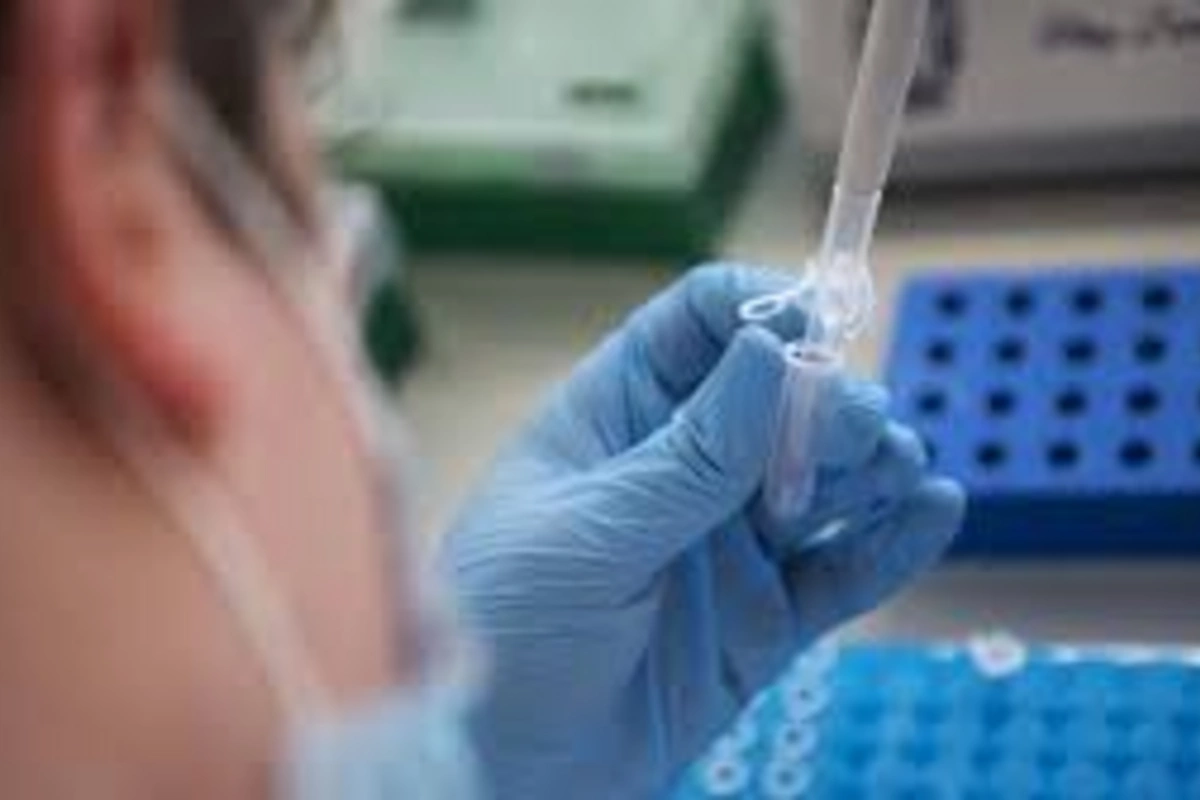Scientists from Japan have found a way to treat Parkinson's disease

Scientists from the iPS Cell Applied Research Center at Kyoto University have made a significant breakthrough in the treatment of Parkinson's disease. During clinical trials, they proved the safety and effectiveness of an innovative method using induced pluripotent stem cells (iPS). This was reported by The Japan Times.
Researchers managed to create nerve cells from iPS cells that are capable of producing dopamine - a neurotransmitter whose deficiency is a key symptom of Parkinson's disease.
As part of the experiment, scientists transplanted five to ten million artificially created cells into the brains of seven patients diagnosed with Parkinson's, aged 50 to 69 years. It is important to note that none of the study participants experienced negative health consequences.
The results of the two-year observation were very encouraging: the transplanted cells continued to perform their function, producing the necessary dopamine. Four patients showed noticeable improvement in motor functions during tests. Based on the data obtained, the scientific team concluded that the developed method confirmed its safety and effectiveness.
Similar News
Serious violations detected in Azerbaijan's food market
Food market located in Salyan district was inspected. As reported by BAKU.WS with reference to the press service of the Food Safety Agency of Azerbaijan (FSAA),...




 Azərbaycanca
Azərbaycanca  По-русски
По-русски  English
English 





